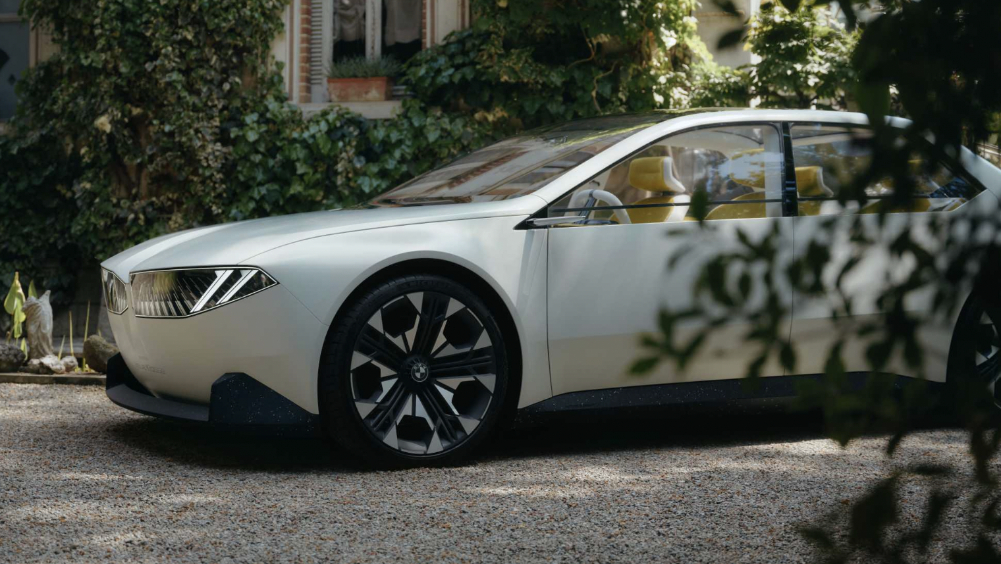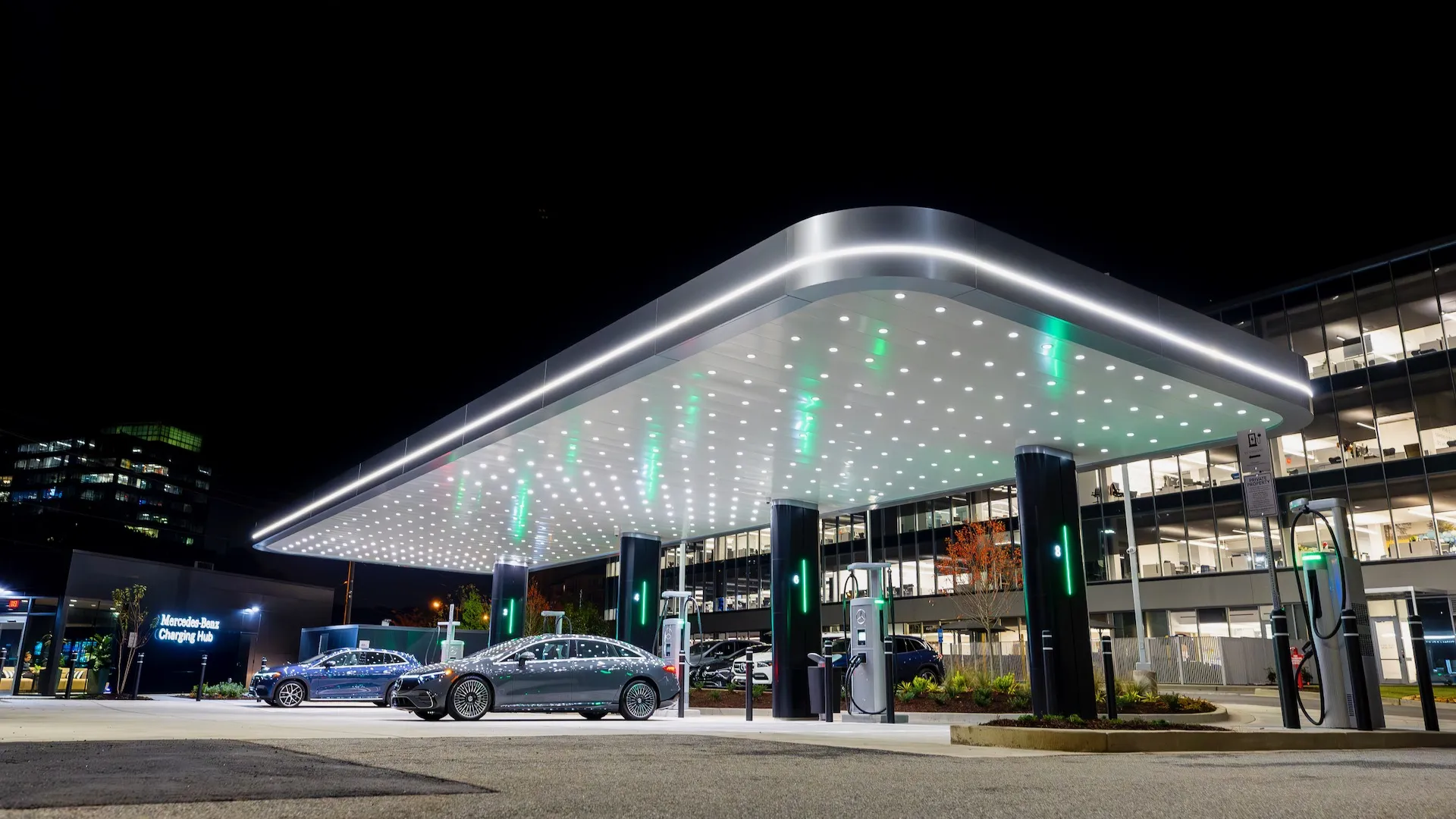BMW says that when its sixth-generation battery cell technology is introduced on its next-generation of EVs it will have the competition licked, including the leading electric car brand Tesla.
Speaking about the new cylindrical cells that BMW will debut in 2025 on the all-new BMW iX3 SUV, BMW Group production boss Milan Nedeljkovic said: “Tesla needs to close the gap with us. In fact, we don’t see a gap to Tesla”.
Nedeljkovic points towards the first tentative details of its new powerpack that were revealed with the pioneering Neue Klasse sedan concept that was unveiled in September at the Munich motor show.
READ MORE: Volkswagen ID.7 Tourer is teased for the first time
READ MORE: Here’s what we’ve learnt about the new ‘Project Highland’ Tesla Model 3
READ MORE: Australia’s new electric vehicle king? BYD Seal pricing undercuts Tesla Model 3
Thanks to its cylindrical design, plus new battery chemistry, BMW claims it batteries pack in up to 20 per cent more energy density compared to today’s tech.
With more energy squeezed into each power pack, BMW says the range will be enhanced by around 30 per cent, with future models said to be capable of covering up to 800km on a single charge.
The good news continues when it comes to charging speeds, they increase by up to 30 per cent with the new batteries capable of receiving a top up at 370kW – which is still some way off cars like the Hyundai IONIQ 5 (350kW).
Crucially, as well as bringing performance gains, all-round the new batteries are greener, producing 60 percent less carbon emissions when made. Better still for buyers, they also cost half as much to make, which could translate to BMW EVs being cheaper to buy in the future.
Once production begins BMW says it will make two variants of its new powerpack. Both are 46mm in diameter but one stands at 85mm tall for low-riding vehicles while the other is 120mm. The taller powerpacks will be used in BMW SUVs like the iX3 and all-new replacement for cars like the X5.
In comparison, Tesla makes just one-size-fits-all batteries, with its 4680-type cells measuring in at 46mm in diameter and standing just 80mm tall, meaning there will be potentially more cabin space in the US car-maker’s models.
“What we have here is a battery design that suits our products, and our idea of how driving performance is fulfilled in our cars,” Nedeljkovic recently announced at a press conference.
Despite official production of the next-gen batteries still around two years away, BMW has already begun small-scale production at its Cell Manufacturing Competence Centre (CMCC) in Parsdorf, Germany, to test their durability and help it develop its next-gen Neue Klasse that, as well as the iX3, will include an all-new replacement for 3 Series sedan and Touring (badged i3), plus a new iX4 SUV-coupe.
Eventually, BMW will produce its new batteries at facilities in Europe, China and North America.










